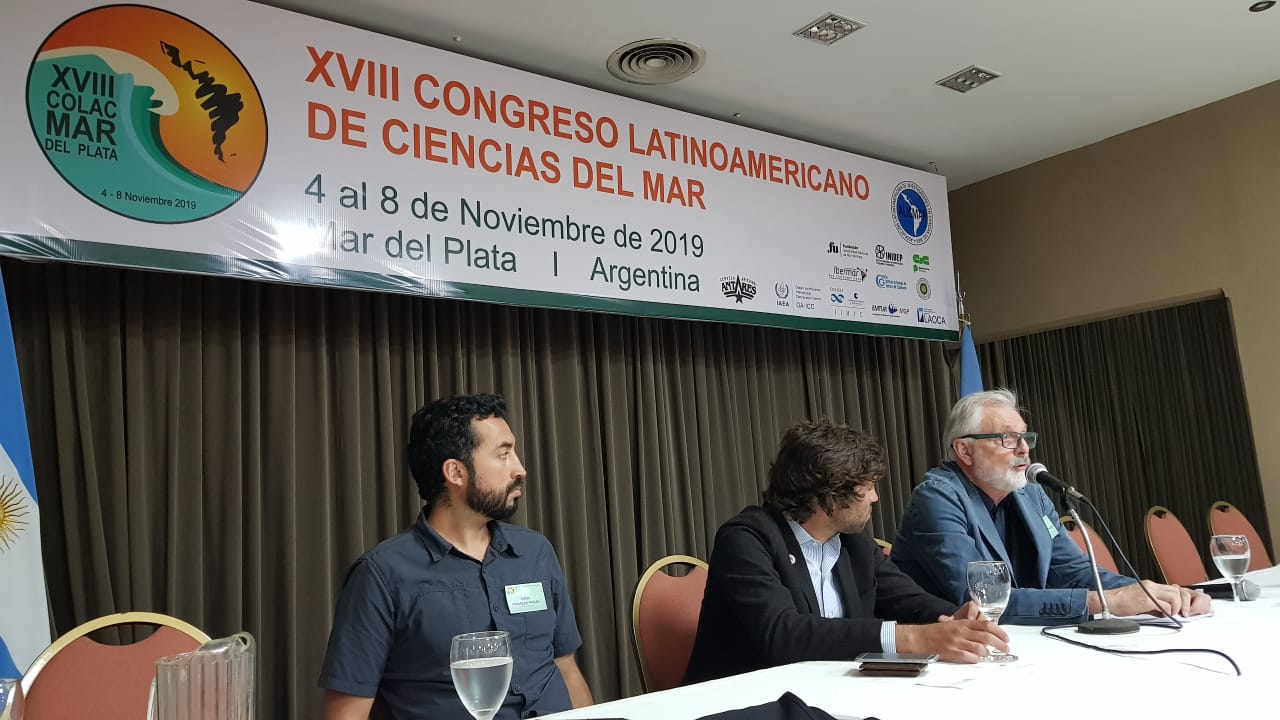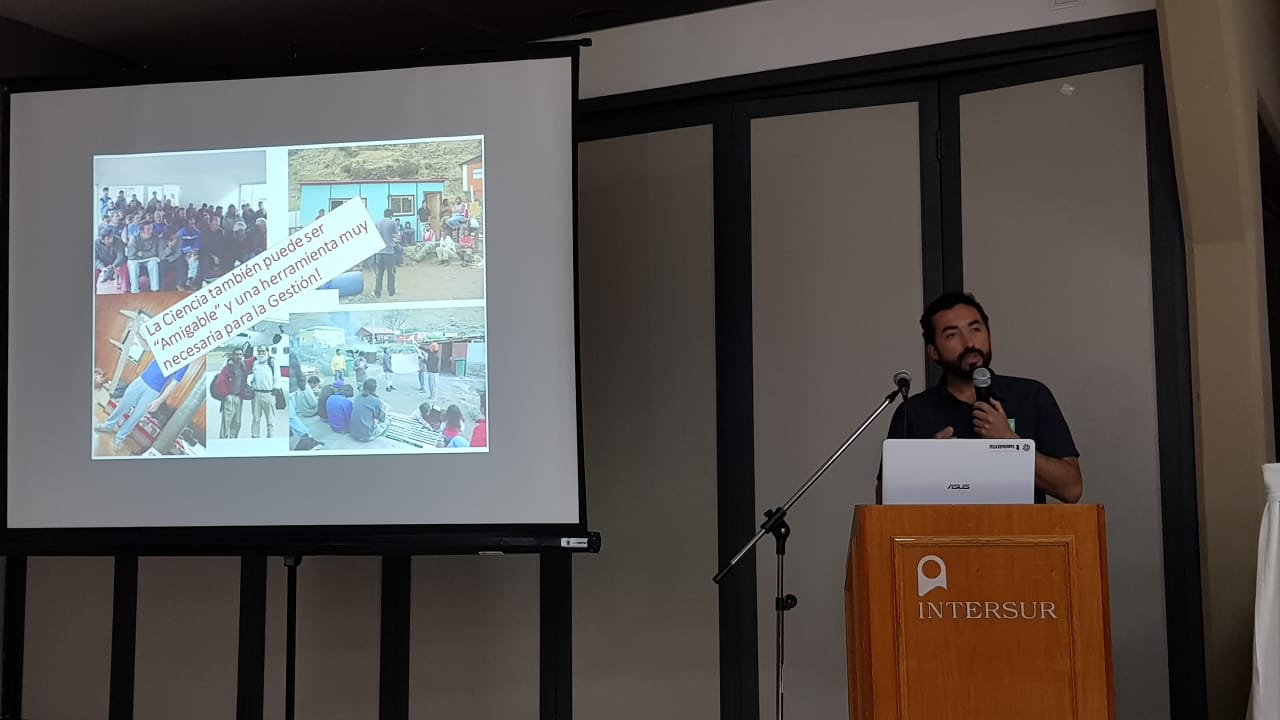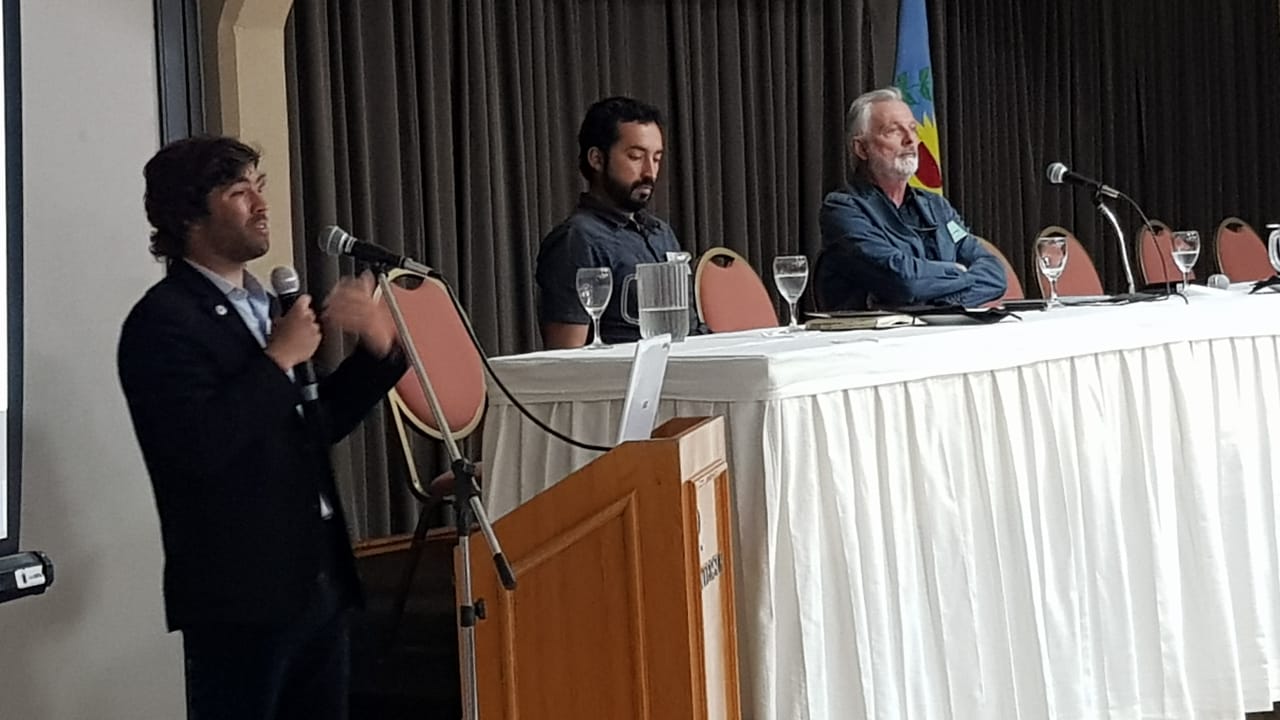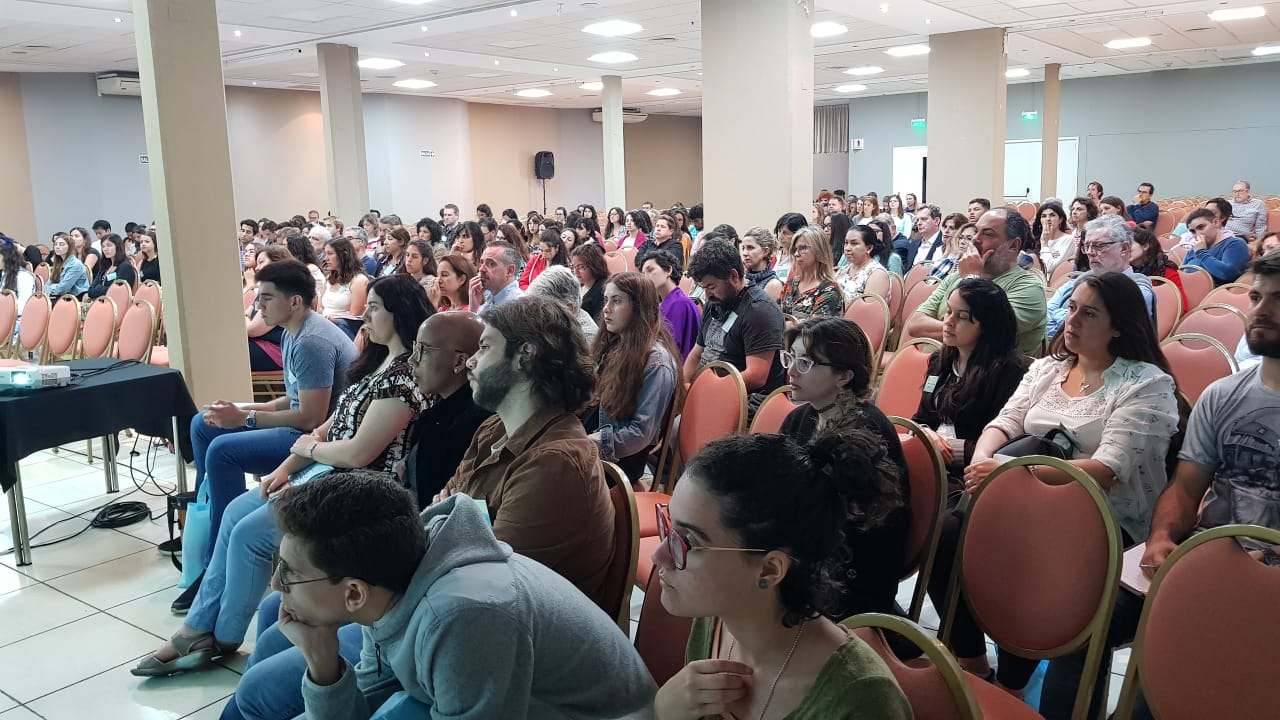What reasons underlie the tension between the scientific world and the management world, in relation to the management of Marine Protected Areas? How could the cooperation between the MPAs management authorities and the scientific sector be strengthened in order to increase the knowledge transfer applicable to management? These and other questions lead the round table promoted by the Forum for the Conservation of the Patagonian Sea during the XVIII Latin American Congress of Marine Sciences. In front of more than one hundred people, Forum members together with members of the National Parks Administration of Argentina and of the Mar de Juan Fernández and Islas Desventuradas National Park in Chile presented their experiences along with the challenges and results of their joint work.
The Lima Declaration published recently at the close of the III Congress of Protected Areas of Latin America and the Caribbean (CAPLAC) recognized that 18.1% of the marine and coastal areas in Latin America are under some kind of protection. However, the same evaluation reinforced the need to represent more ocean ecosystems through the creation of new Marine Protected Areas (MPA) and, at the same time, to strengthen the effective management of the existing MPA, a challenge that transcends borders and sectors.
The main objective of MPA is the conservation of biodiversity through sustainable processes that in the ocean occur on a large scale. Therefore, the different actors that, directly or indirectly, are responsible for the conservation of the sea in general and of MPA in particular, must join efforts to build a new conservation paradigm. In other words, the challenges we are facing are so big that they require the coordination of all the sectors involved.
In response to this need, the Forum for the Conservation of the Patagonian Sea organized a round table where people could reflect on the tensions that exist between the timing and objectives of management, and the generation of knowledge for the management of MPA. The activity took place in front of more than 100 people within the framework of the XVIII Latin American Congress of Marine Sciences, held in Mar del Plata from November 4 to 8.

Integrated efforts to preserve the sea
Scientific knowledge is one of the key elements in the design, creation, and effective implementation of MPA. Having rigorous information regarding biological diversity, oceanographic processes and human activities enables the establishment of priority conservation sites. In turn, the effective management of MPA depends on management decisions that involve multiple actors, so it is essential to have a monitoring system and clear indicators, whose results help the adaptive management.
Thus, during the first day of the COLACMAR, it was suggested to analyze the articulation of science and management for the effective implementation of MPA, from the perspective of Claudio Campagna, President of the Forum, Director of the Marine Program of the Wildlife Conservation Society Argentina (WCS) and one of the creators of the “Pampa Azul” Program launched by the former Ministry of Science of Argentina, and Joaquin Labougle, National Director of Marine Protected Areas within the National Parks Administration. Additionally, Pablo Manríquez Angulo, general coordinator of the monitoring project for the main fisheries in the Mar de Juan Fernández and Islas Desventuradas National Park (IFOP-Universidad de Concepción), and local coordinator in Juan Fernández of the NGO Oikonos Ecosystem Knowledge, described the lessons learned from Chile, a country with more experience in the management of MPA.
Under the premise of promoting marine conservation from a regional approach and through networking, the Forum not only brings together the voices of civil society organizations, but also contributes to the cooperation with and among governments, communities and researchers. Our essential collective purpose is to collaborate with the effective conservation of the Patagonian Sea, making use of expert knowledge and with the contribution of technical tools, such as the creation and effective management of MPA.





